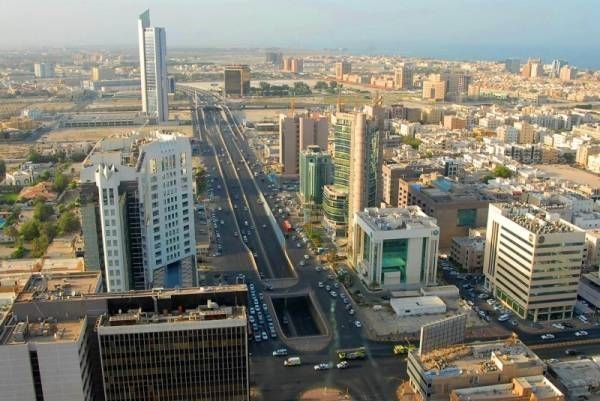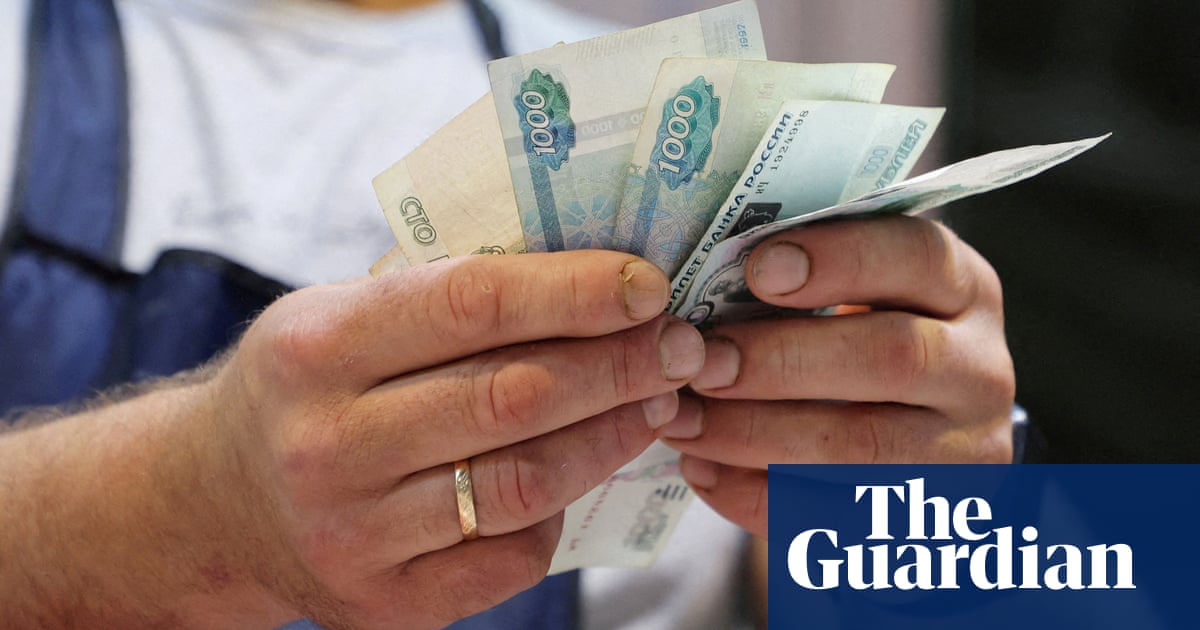
ISTANBUL, Oct 21 (Reuters) - Turkey"s central bank shocked markets again by slashing its policy rate by 200 basis points to 16% on Thursday, sending the lira to a new all-time low and delivering the easing demanded by President Tayyip Erdogan despite rising inflation.
The bank said there would be little room for more rate cuts this year given what it called transitory price pressure on food, energy and other imports, which have sent Turks" living costs soaring as the currency depreciated.
The rate cut was twice as much as the most dovish estimate in a Reuters poll, which forecast the policy repo rate (TRINT=ECI) would fall by only 50 or 100 basis points.
The central bank, under pressure from Erdogan who has replaced much of the bank"s top leadership this year, also surprised markets last month with a 100-point cut that sent the lira tumbling to new depths. read more
Analysts called the latest cut reckless given it left Turkey"s real yields sharply negative, and it runs against the grain of a world in which central banks are raising rates to head off a global inflation spike.
"The move is consistent with Erdogan"s view, but his monetary policy is simply wrong and now we are running the risk of ... the real economy getting seriously hurt by the currency," said Ulrich Leuchtman, analyst at Commerzbank in Frankfurt.
"All this can only end in a lira crash," he said.
The lira weakened as much as 3% to a record 9.501 versus the dollar before paring some losses. It has shed 22% this year, with most of the drop since the beginning of September when the bank began giving dovish signals.
Erdogan has long called for monetary stimulus to boost credit, exports and jobs and has sacked the last three central bank governors in less than 2-1/2 years, eroding the bank"s credibility and sending foreign investors fleeing.
A self-described enemy of interest rates, Erdogan fired three more monetary policy committee (MPC) members just last week - including two seen to oppose rate cuts - setting the stage for more easing. read more
After the policy meeting, the MPC said "supply-side transitory factors leave limited room for a downward adjustment to the policy rate until the end of the year."
HIGH LIVING COSTS
Turkey has the most negative real interest rates across emerging markets, a red flag for investors, and the lira has been among the worst performers for several years running due in large part to bruised monetary credibility.
The cost of protecting against Turkish asset defaults, measured by credit default swaps (CDS), jumped to its highest in months at 450 basis points after the rate cut.
Yields on the benchmark 10-year bond jumped to 20.41% from 19.98 before the cut, a signal that investors believe the central bank will soon need to hike again.
Annual headline inflation rose to 19.58% last month, with food, transport and housing prices up even more, which in turn have hurt Erdogan"s opinion polls ahead of elections no later than mid-2023.
Opposition IYI Party leader Meral Aksener said the rate cut was a "shame" and "far from rational" given households and business will absorb the fallout.
Inflation has been in double digits for most of the past five years and well above the central bank"s 5% target.
The bank has recently focused on a core "C" measure, which is lower than headline but also rose to 17% last month. read more
For import-heavy Turkey, lira depreciation leads to higher inflation via imports.
Piotr Matys, senior FX analyst at In Touch Capital Markets, said the cumulative 300 basis points of cuts since last month, as well as the latest MPC shake-up, "caused further damage to Turkey"s reputation among foreign investors."












